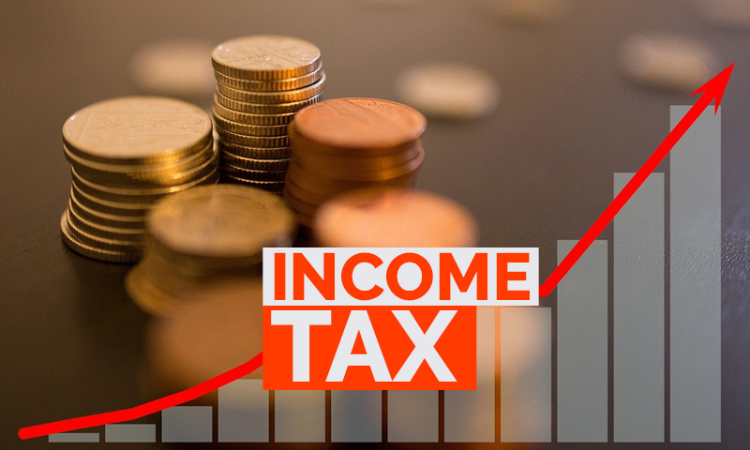New Income Tax Rules Applicable From April 1, 2022: All You Need To Know
Mariya Paliwala
30 March 2022 10:16 AM IST

Next Story
30 March 2022 10:16 AM IST
From April 1, 2022, a number of significant changes will take place that may affect your online transactions and expenses. Here are significant changes to be aware of.30% Tax Payable On Cryptocurrency Assets Sold At A Profit The Union Budget 2022-23 proposed a 30% tax on cryptocurrency assets. Beginning April 1, cryptocurrency gains will be taxed at 30%, which is the highest...
